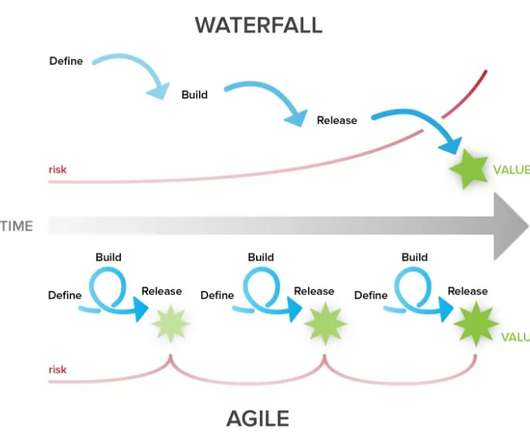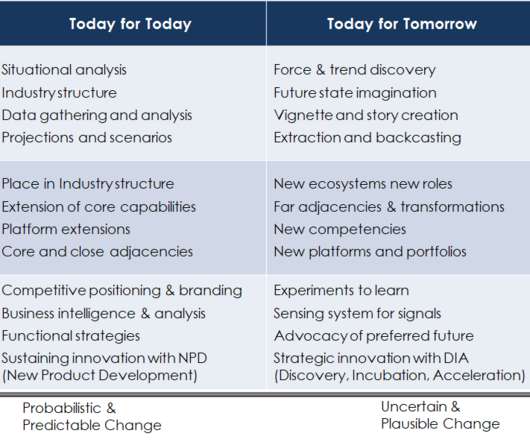Emotional Intelligence: The Game-Changer in Leadership Development
Leapfrogging
APRIL 12, 2024
Components of Emotional Intelligence Emotional intelligence is generally broken down into four or five core components, each playing a distinct role in leadership development: Self-Awareness: The ability to recognize and understand one’s own emotions and how they affect thoughts and behavior.










































Let's personalize your content